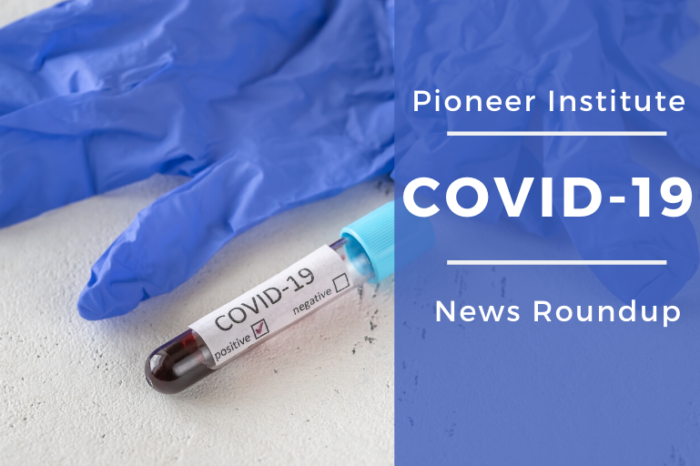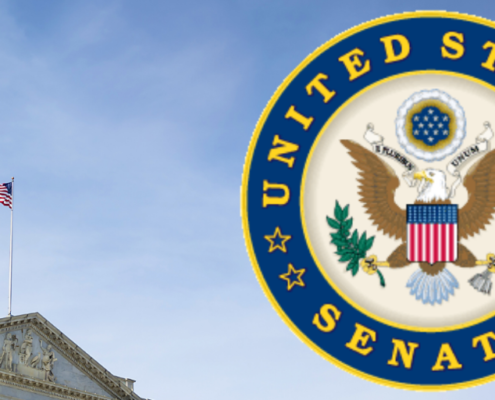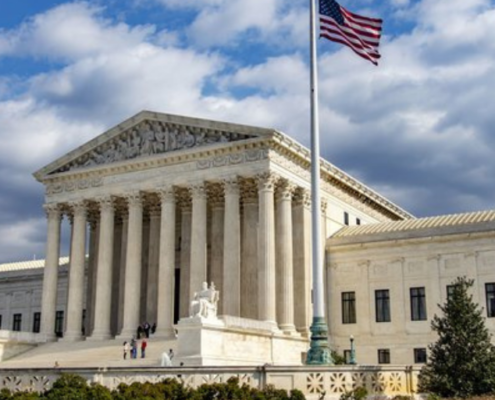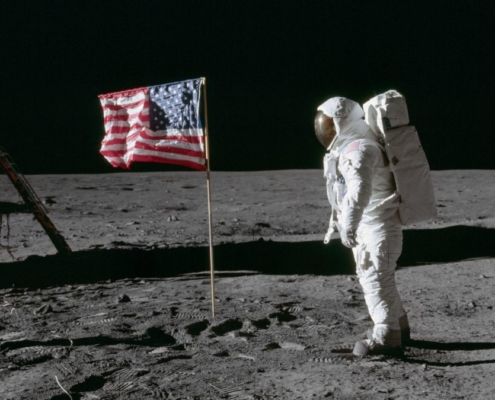COVID-19 Roundup from Pioneer: Hubwonk: Elections & COVID-19; Update: Mapping COVID Testing; School Reopening; Protecting Civil Liberties, & more!
Pioneer staff share their top picks for COVID-19 stories highlighting useful resources, best practices, and questions we should be asking our public and private sector leaders. We hope you are staying safe, and we welcome your thoughts; you can always reach out to us via email: pioneer@pioneerinstitute.org.
Our Top Picks for COVID-19 Pandemic News:
Rebekah Paxton, Research Analyst: Pioneer is pleased to share a new update to our “Mapping COVID-19” tool. We continue to utilize the Massachusetts Department of Public Health data to map cases of COVID-19 by cities and towns. Now, in addition to maps and tables regarding the number of cases and case rates across the state, “Mapping COVID-19” also includes information regarding the Commonwealth’s testing efforts. A new tab titled “Testing” presents a dashboard of multiple charts, including data on positive test rates by municipality, number of persons tested by municipality, and test rate per 100K population by municipality. Find out which cities have the highest COVID-19-positive test rates.
- Also, check out our new COVID Tracker for Long-Term Care Facilities in Massachusetts.
Joe Selvaggi, Host, “Hubwonk“: This week, Pioneer’s Mary Connaughton and I talk with MIT Professor Charles Stewart on how states in general, and Massachusetts in particular, are adapting their voting process to keep elections safe, transparent, and fair during the COVID-19 pandemic. Listen now!
- Don’t miss last week’s discussion of the World Health Organization’s lack of transparency on COVID, with Lanhee Chen.
How big of a hole is Massachusetts’ unemployment trust fund in? Greg Sullivan, Research Director, talked to the Boston Business Journal.
Questions for Our Public & Private Sector Leaders:
Jamie Gass, Pioneer’s Education Policy Director: On the latest episode of “The Learning Curve” podcast, co-hosts Cara Candal and Gerard Robinson talked with Massachusetts Education Commissioner Jeff Riley about the state’s response to COVID-19, remote Learning, voc-techs, and reforming Boston’s schools. Read more about school reopening plans.
- Commonwealth Magazine op-ed: Mass. schools must recommit to knowledge-based curriculum
- WGBH News op-ed: Easthampton High Scores A National Educational Victory During The COVID-19 Pandemic
- Report: Experts Find K-12 Online Education Can Be Appropriate for Most Special Needs Students
Jim Stergios, Executive Director: Be sure to check out Pioneer’s new “Respect My Rights” hotline, created to provide a platform for citizens to submit complaints and descriptions of civil liberties violations they have experienced.
Do YOU have interesting questions and/or articles to share with us? Please email us, or message us through our social media channels below!















